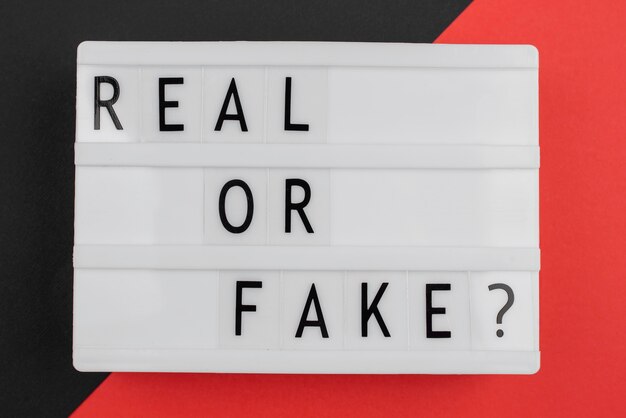
Choosing whether to rent or buy a home is a hot topic in personal finance. Many people struggle with deciding which option is better financially. If you’re renting now and thinking about buying a home, it’s important to take an unbiased look at your own situation because this decision depends a lot on your unique circumstances.
When I bought my first house in 2020, I took the time to understand both sides of the argument. I got advice from benlefort.com, which presented two views: those who support homeownership say that “rent is just paying someone else’s mortgage,” while those who favor renting argue that “a house isn’t an investment because it has costs and should be seen as a liability, not an asset.”
Before jumping into home ownership, consider the pros and cons I looked at. This can help you make the best choice for yourself.
**Renting vs. Buying: Pros and Cons**
Choosing whether to rent or buy is complicated, with benefits and drawbacks for each option. Here’s what I found helpful in making my decision:
**Pros of Homeownership**
– **Building Equity:** Owning a home helps you build equity, which is the home’s value minus what you still owe on your mortgage.
– **Freedom for Improvements:** You have the freedom to make changes and upgrades to your home.
– **Tax Benefits:** There are potential tax deductions for mortgage interest and property taxes.
– **Appreciation:** Home values often increase over the life of a mortgage.
**Cons of Homeownership**
– **Initial Costs:** Buying a home requires a down payment and closing fees.
– **Economic Risks:** Your home’s value could decrease due to economic factors.
– **Maintenance Costs:** You are responsible for all maintenance, repairs, and utilities.
**Pros of Renting**
– **Fixed Costs:** Renting usually means a stable monthly cost for housing, and sometimes utilities are included.
– **Flexibility:** When your lease is up, you don’t have to renew, giving you the freedom to move.
– **Less Responsibility:** The landlord handles repairs and maintenance.
– **Lower Upfront Costs:** You don’t need to save for a down payment or closing costs.
**Cons of Renting**
– **No Ownership:** Rent payments do not build equity.
– **Limited Freedom:** Your ability to modify the property depends on the landlord’s rules.
– **Rent Increases:** Rent might go up over time.
– **Lease Uncertainty:** The landlord might sell the property or choose not to renew your lease.
**Other Considerations Before Buying a Home**
1. **Financial Preparation:** Homeownership is a big financial responsibility. Apart from making sure you feel financially secure, your lender must approve you for a mortgage. You’ll likely need a deposit and should have savings to cover at least three to six months of expenses to avoid financial stress. In an unstable economy or with a variable income, aiming for 8-12 months of savings may be wiser.
2. **Credit Score:** A good credit score is crucial for mortgage approval. Lenders look for a history of managing debt well. Typically, you need at least a 640 credit score to qualify for a traditional mortgage, but a higher score gets you better rates and terms.
3. **Location:** Think about your long-term plans. If you expect to move frequently, buying might not be the best idea. I wanted a home near parks and hiking trails, which influenced my decision. Remember, buying a house requires significant upfront investment, and it might take about five years to break even.
4. **Closing Costs:** These can be pricey, running into thousands. You might finance these costs into your loan, but this will increase your monthly payments and interest.
**Is Homeownership Right for You?**
Ultimately, deciding to buy a home is personal. Carefully weigh the pros and cons of renting vs. buying and consider what homeownership involves. Your insights will help you determine what’s best for you.